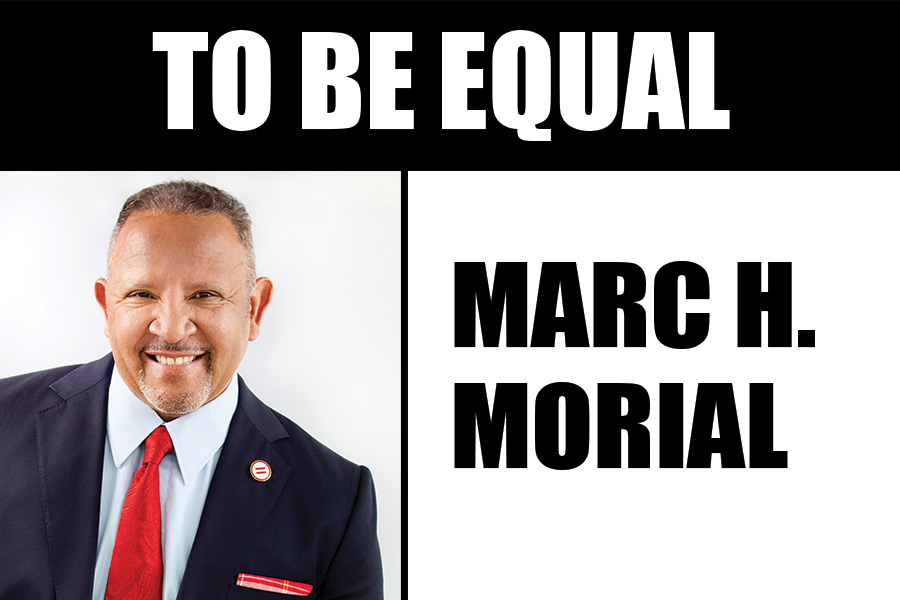(TriceEdneyWire.com)—“Today it is perfectly legal to discriminate against criminals in nearly all the ways that it was once legal to discriminate against African Americans. Once you’re labeled a felon, the old forms of discrimination—employment discrimination, housing discrimination, denial of the right to vote, denial of educational opportunity, denial of food stamps and other public benefits, and exclusion from jury service—are suddenly legal.”—Michelle Alexander, The New Jim Crow
One out of every eight Black people in Florida, where President-Elect Donald Trump is registered to vote, is disenfranchised due to felony convictions.
Trump, who was convicted of 34 felony charges, is not.

Florida law allows those convicted of felonies to vote only after their full sentences have been served, including probation and parole, and all fines, fees, and court costs have been paid.
The vast majority of disenfranchised Floridians have served their sentences. Trump has not even been sentenced yet.
But under Florida law, Trump is subject to the far less restrictive laws of New York state, where he was convicted. Only those currently incarcerated on felony charges are barred from voting in New York.
Felony disenfranchisement is a relic of Jim Crow White supremacy. Its enforcement after the election of a convicted felon to the nation’s highest office is indefensible.
Confederate states were required to ratify the 14th Amendment to be readmitted to the Union after the Civil War. No longer legally able to deny the vote based on race, the states rushed to deny the vote to anyone convicted of a felony, while at the same time enacting “Black Codes”—laws “essentially intended to criminalize Black life,” Douglas Blackmon wrote. While White people accused of crimes often escaped punishment, Black people were arrested and convicted “almost always under the thinnest chimera of probable cause or judicial process.”
Almost 160 years later, Black Americans are three times as likely to be disenfranchised as non-Black Americans. Nationwide, about one in 22 Black citizens of voting age is disenfranchised. In five states – including Florida – more than one in 10 Black adults is disenfranchised.
The United States is alone among the world’s largest nations in these harsh restrictions on voting. Of the 136 countries with populations of 1.5 million or more, most – 73 – never or rarely disenfranchise a citizen because of a conviction. Of the other 63, the U.S. is among the most restrictive and disenfranchises a wider swath of citizens.
Over the last eight years, the number of Americans disenfranchised for felony convictions has fallen dramatically due to new laws and policies. In Maine, Vermont, and the District of Columbia, even those who are incarcerated have the right to vote. In 38 states, voting rights are restored upon release from incarceration or upon completion of parole or probation.
But 10 states, including Florida, withhold indefinitely the right to vote from those convicted of felonies, or require additional measures like payment of fines and fees before voting rights are restored. In Virginia, home of the former capital of the Confederacy, the right to vote can be restored only by the arbitrary whim of Governor Glenn Youngkin.
Felony disenfranchisement not only is racially discriminatory and anti-democratic, it makes our communities less safe. Returning citizens whose voting rights were restored are less likely to be arrested than those who remained disenfranchised.
“Restoring voting rights gives citizens the sense that their voice can be heard in the political process and contributes to building an individual’s positive identity as a community member,” researchers for The Sentencing Project wrote.
The election of a President with 34 felony convictions makes a mockery of any defense of felony disenfranchisement. Lawmakers in every state must acknowledge the racist origins of these policies and relegate them to the garbage heap of history.

